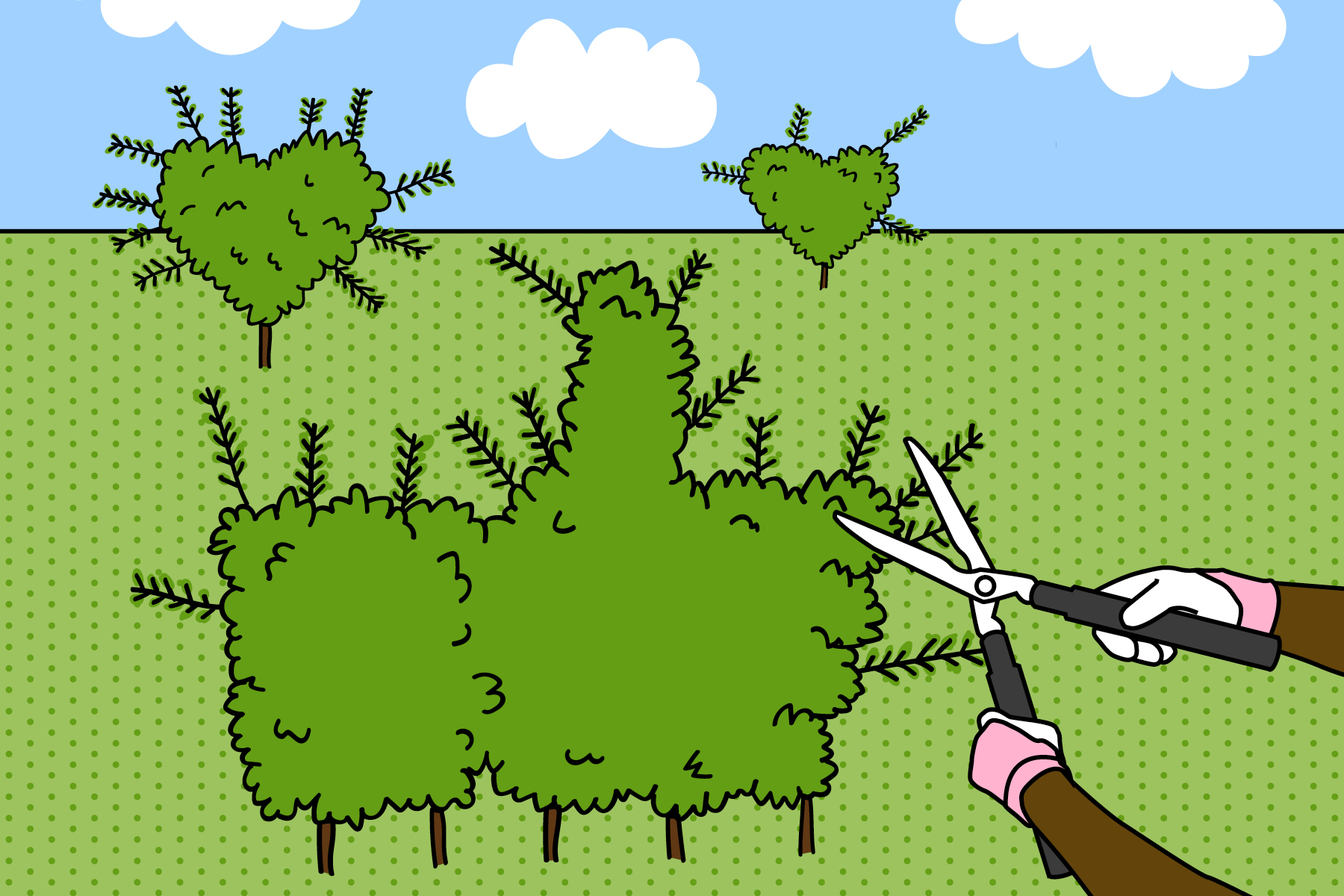Books to help you cut down on screen time

It’s 11pm. You could have gone to sleep an hour ago, but somehow you’ve ended up reading an extensive thread about veganism, and between that, the cat videos on Instagram and a Facebook profile deep-dive into someone from school you forgot existed. 60 minutes have passed.
It’s a situation more people will recognise than like to admit. In just under two decades, social media has become a life-changing, all-consuming staple of our days. It affects everything from our dinner table etiquette (I’m an airplane mode-on, phone-in-bag type, personally) to the state of our global democracy.
And if we’re honest, we all know that social media isn’t very good for us. Studies have shown that it can encourage us to spend more money, sway our independent thinking and alter the part of our brain that reacts to incentive. It doesn’t take an academic paper, either, to express that slightly soggy, sinking feeling that comes from watching Instagram stories of someone else’s amazing night out.
Books to help you reduce your social media use
There are plenty of books ready to make the case for deleting social media entirely, and Jaron Lanier’s extremely persuasive book caused many people to do so upon its release in 2018. Ten Arguments for Deleting Your Social Media Accounts Right Now pretty much does what it says on the tin. This slim-but-potent tome walks the swipe-happy reader through how online communication evolved from chatrooms to Instagram, all the while adding in delectable, if horrifying, nuggets about the bad things social media is doing to our brains.
Of course, getting stuck into a good book is a convenient remedy for an overzealous social media habit. All sorts of escapism exists between two covers. But to really explore an alternative to the endless scroll, why not sink into a world that urges us to experience life beyond our screens? In Losing Eden, Lucy Jones makes a compelling argument for spending more time in nature, citing dozens of studies and speaking to revolutionary scientists on the cusp of new fields of discovery. Ultimately, she argues, if we give ourselves the opportunity to connect with the earth, the sky and the natural world in between, we’ll feel better in body and soul. Perhaps enough to not need to stick it on the grid?
Cal Newport is also an advocate for a social media-free existence, not least because he’s never used it. The American computer science professor remembers Facebook emerging into his university dorm rooms, and decided at the time he didn’t like the look of it. Since then, he’s become known for his philosophy of 'digital minimalism', which is at the heart of his book of the same name.
Unlike Lanier, Newport believes that a balanced lifestyle can include social media - we just need to think more carefully about why we want to use it. Newport gave me an example over email: "If the only reason you really need Facebook is because of a Facebook Group that's important to you, then there's no reason to have Facebook on your phone or to check it more than once a week," he wrote. "While you're at it, you can just bookmark the group page allowing you to never have to see a newsfeed again."
Try a little light dystopian fiction to understand the power of technology to control the masses
Lanier also emphasises the good habit of spending "some time everyday without a phone. Humans are not wired to be constantly connected; this short-circuits our brain in ways that makes us anxious and unsettled. Time alone with your own thoughts is a fundamental component to the human condition; you eliminate it at your own peril."
Alternatively, try a little light dystopian fiction, which has long been on the money on the power of technology to control the masses. Noughties reality show Big Brother may seem halcyon in comparison to Love Island, but it didn’t borrow its title from Nineteen Eighty-Four's omniscient totalitarian presence for nothing. More recently, the Matrix-like dual existences of William Gibson’s most recent novels, The Peripheral and Agency, have shown the perils of allowing our political powers to be coerced by social media messaging.
But maybe there is a middle ground – somewhere between inevitable doom and giving up social media entirely. In 2019, Victoria Turk published Digital Etiquette, a guide to the "future of good manners". The technology journalist has a refreshingly simple attitude towards making social media more fun: declutter your accounts, so there’s nothing in there to bring you down. We all know the ones – those spouting offensive opinions or posting too many smug holiday photos. Just give them a little mute for a while, and find yourself feeling lighter and brighter.
Turk also points out that social media is far more pleasant to engage with when those contributing to it are better behaved. "When you talk about etiquette it all comes back to this basic idea of thinking about other people and showing consideration," she says. Put like that, it makes sense: everything’s more fun when people play nicely.